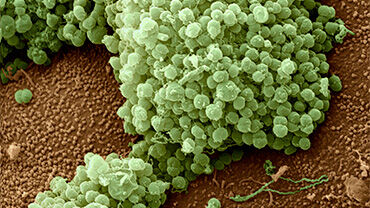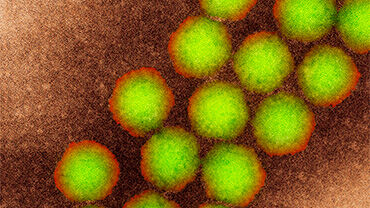Sudden unexpected deaths and vaccinations during the first two years of life in Italy: a case series studyArchived
This study establishes whether the immunisation with hexavalent vaccines increased the short term risk of sudden unexpected deaths (SUD) in infants in Italy, following the signal of an association between vaccination in the second year of life with a hexavalent vaccine and SUD in the two days following vaccination reported in Germany in 2003.
Traversa G, Spila-Alegiani S, Bianchi C, Ciofi degli Atti M, Frova L, Massari M et al. PLoS One, 2011; 6 (1): e16363.
The reference population were the around 3 million infants vaccinated in Italy in the study period 1999–2004 (1.5 million received hexavalent vaccines). Events of SUD in infants aged 1–23 months were identified through the death certificates.
Vaccination history was retrieved from immunisation registries. Association between immunisation and death was assessed adopting a case series design focusing on the risk periods 0–1, 0–7, and 0– 14 days after immunisation. Among the 604 infants who died of SUD, 244 (40%) had received at least one vaccination.
Four deaths occurred within two days from vaccination with the hexavalent vaccines (RR = 1.5; 95% CI 0.6 to 4.2). The RRs for the risk periods 0–7 and 0–14 were 2.0 (95% CI 1.2 to 3.5) and 1.5 (95% CI 0.9 to 2.4). The increased risk was limited to the first dose (RR = 2.2; 95% CI 1.1 to 4.4), whereas no increase was observed for the second and third doses combined.
The RRs of SUD for any vaccines and any risk periods, even when greater than 1, were almost an order of magnitude lower than the estimates in Germany. The limited increase in RRs found in Italy appears confined to the first dose and may be partly explained by a residual uncontrolled confounding effect of age.







